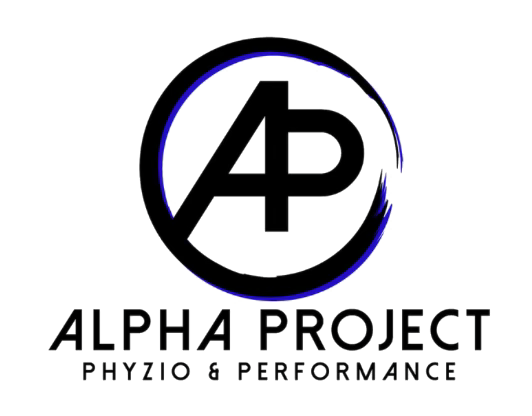Hydration and Pelvic Floor Dysfunction
What does drinking water have to do with what is going on downstairs? A lot, actually! Hydration affects pretty much everything in your body including the pelvic floor. It is recommended to drink half your bodyweight in ounces every day. So, if you weigh 160 pounds, you should try to get 80 ounces of water every day! This can help:
Flush irritating bacteria out of the bladder
Aid digestion
Prevent constipation
3 Signs of Dehydration-Related Pelvic Floor Dysfunction:
Constipation
Urgency
Pelvic Pain
1. Constipation:
Drinking enough water helps many people to keep their bowels moving more regularly. This not only makes you feel much better in general, but also keeps the pelvic floor muscles more relaxed and happy. The pelvic floor muscles tend to cramp up with constipation causing pain and discomfort.
2. Urgency:
Many people who experience urgency try to limit their water intake so they do not have to pee as much. Although this is a strategy many people resort to, it is actually counterintuitive! Dehydration causes the bladder to become more irritated.
Additionally, drinking water can help dilute other bladder irritants in your system including caffeine, alcohol, artificial sweeteners.
3. Pelvic Pain:
Dehydration is typically not solely responsible for pelvic pain, although it can be a contributing factor. As mentioned above, if pelvic pain is derived from constipation water can help. If bladder pain is your symptom, then as previously mentioned dehydration can irritate the bladder. If pain with intimacy is the problem, drinking enough water will help to hydrate the cells of the vaginal canal.
Staying hydrated not only improves training, it will help with a wide array of pelvic floor dysfunction. If you find that drinking enough water during the day is challenging, I recommend getting a larger water bottle and keeping it with you all day long. Give it a few weeks and you should notice a difference!
Hydration helps, but will likely not completely solve your pelvic floor dysfunction. If you are working to manage your pelvic floor symptoms and are ready to solve your problem, reach out to us and speak with an expert in pelvic floor physical therapy today!
Take Action
If you are struggling with pelvic pain and some quick fixes are not enough to solve your problem, pelvic floor physical therapy can help. Our physical therapists in Gaithersburg, MD, or Frederick, MD can help those who struggle with pelvic pain. If you are ready to solve your pelvic problems, contact us and speak with a pelvic floor expert today!

